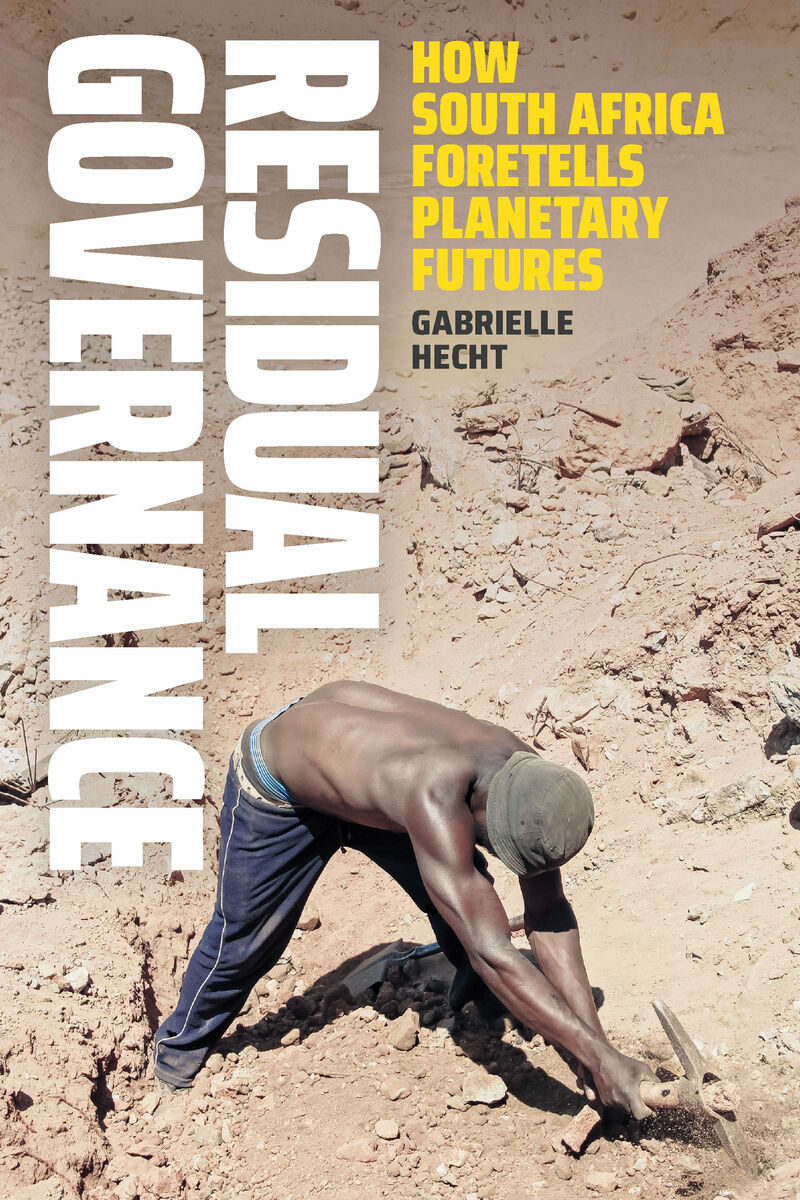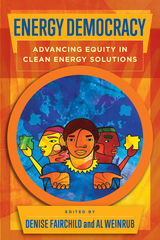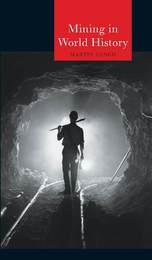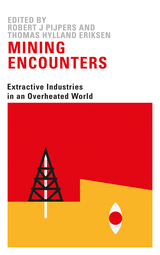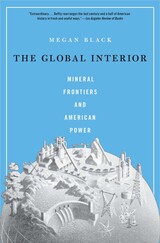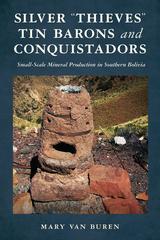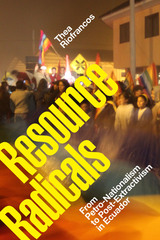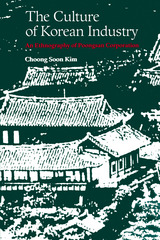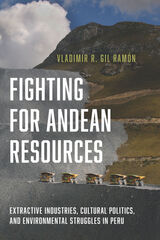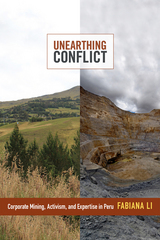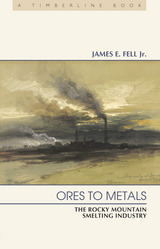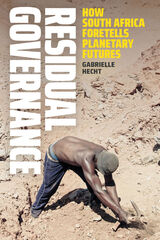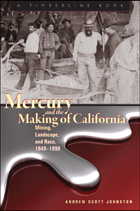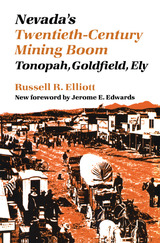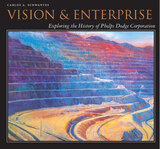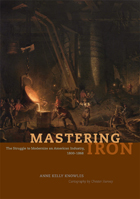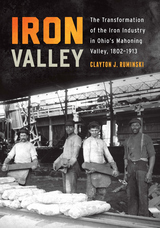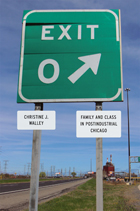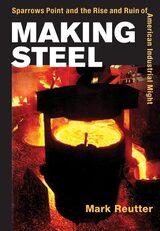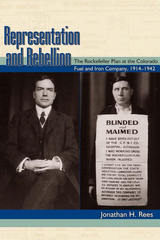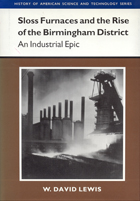“Residual Governance is about mining and its wasted afterlives in South Africa; it is about residues, discards, and the lives lived with these residues and discards; it is about capitalism and its role in the Anthropocene. As Gabrielle Hecht argues so powerfully in this necessary and timely book, the story of mining and its residues in South Africa has many lessons for the world—and what grim lessons these are: from the entanglement of capitalism with racism, to so-called economic development with destructive extraction, to ecocide with human degradation. Yet we must heed these lessons. The future of the planet depends on it.”
-- Jacob Dlamini, author of The Terrorist Album: Apartheid’s Insurgents, Collaborators, and the Security Police
“In Residual Governance, Gabrielle Hecht shows masterfully how apartheid in South Africa was also a form of racial capitalism embedded in the very rocks via the compulsive mining of the ground. Even if this political regime is no more, its violence and domination persist to this day, treating both people and land as waste. Through well-researched and comprehensive narratives, Hecht exposes a governance of the left-over from mining (acidification of water, dumps, radioactive dust, hollowed-out earth, forceful displacements) that still follows the racist divide of the world. A fundamental read to grasp the ecological challenges of this era with a telling lesson: planetary futures must face the colonial and racist past.”
-- Malcom Ferdinand, author of Decolonial Ecology: Thinking from the Caribbean World
"Hecht emphasizes to the global community, inclusive of South Africa, the implications for the food chain, human existence, and "planetary futures" in general of water mismanagement, "bio-accumulation of pollutants in plant and animal tissue," environmental contamination, and unregulated mining and housing projects. Recommended. All readership levels."
-- G. Emeagwali Choice
"Gabrielle Hecht has written a ferocious book about Gauteng’s mine dumps as sacrifice zones of racial capitalism. Residual Governance delivers an essential exposé of the depredations that define our current epoch, the Anthropocene. We are fortunate that this important book is open access."
-- Nancy Jacobs H-Environment, H-Net Reviews
"A fresh and innovative history of the harsh nature of how the state manipulates humans who toil for gold and the brutal and sometimes unintended outcomes."
-- Aran Mackinnon International Journal of African Historical Studies
"The book is interspersed with striking photographs, artwork, and poems, lending an additional archive of artistic expression. Hecht’s use of sources is innovative and refreshingly honest about her debts to generations of South African activists. . . . Hecht offers a novel approach to the history of racial capitalism in one of its epicenters, while suggesting that African activists, artists, and scholars have much to offer in confronting the wicked problems of the Anthropocene."
-- Mikhail Moosa African Studies Review
"Residual Governance is a gripping account of the mine wastes of the Rand, viewed from the perspective of activists and community leaders. . . . The women and men who Hecht honours in Residual Governance are the heroines and heroes passed and living, across racial, class and ethnic divisions, who refuse to allow residual waste to escape unnoticed, doggedly fighting for public and media attention and resisting residual governance’s dehumanizing effects."
-- Tracy-Lynn Field European Journal of International Law
"This book, incredibly rich in profound analysis, is an invitation to complex thinking, and, as such, should be read and read again from different angles, with the certainty of discovering new insights each time."
-- Lorenzo D’Angelo Africa
"Through a creative use of literary sources, including poems, the author evokes emotive aspects that academic writing alone cannot fully grasp. This emotional depth engages and challenges readers, placing them in an uncomfortable position that prompts reflection and new forms of thinking. The book is particularly strong in its ability to captivate a diverse audience, including environmental activists, lawyers and policy-makers, as it sheds light on environmental injustices and fosters meaningful conversations. Ultimately, Hecht’s work serves as a powerful catalyst for addressing the complexities of residual governance and environmental and human marginalisation."
-- Tholi Themba Lorenzo Ndaba Journal of Southern African Studies
"Residual Governance is a remarkable fusion of scientific knowledge about the production of deadly mining waste and the political and cultural resistance of Black communities. The book is complex but well written, studded with flying prose, arresting metaphors, and reminders that residual governance is a global threat."
-- Ivan Evans Contemporary Sociology
